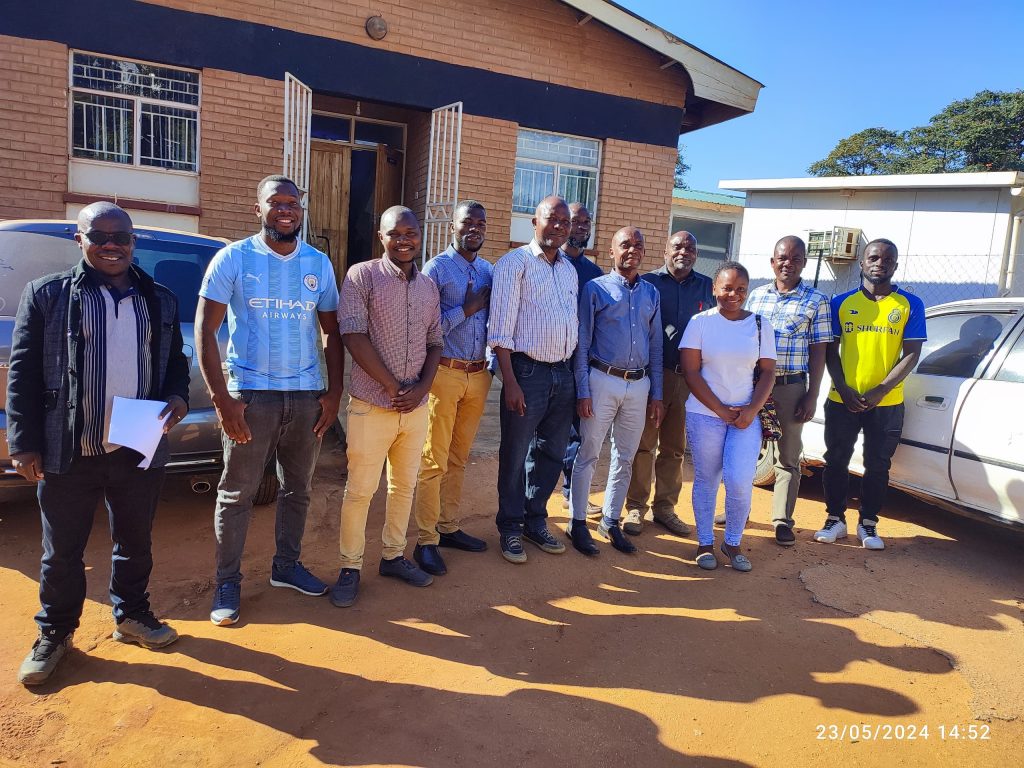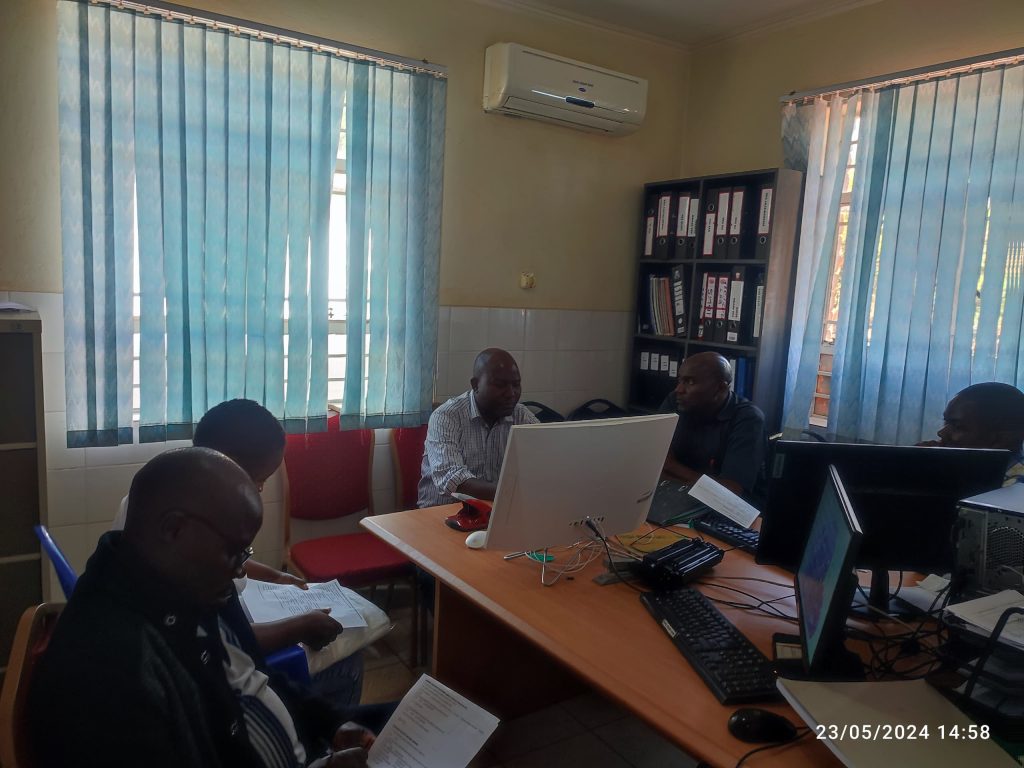
The Ministry of Health, through the Public Health Institute of Malawi (PHIM), has an established National Public Health Laboratory (NPHL). One of the crucial functions of NPHL is to conduct surveillance of various pathogens that pose a significant risk to public health. This vital task involves submitting isolates collected from laboratories across Malawi to the National Microbiology Laboratory, a section of NPHL, for confirmation, which are then shared with the Genomics Laboratory for sequencing and bioinformatics to determine the phylogeny, violence factors and resistance genes to known antimicrobials and diagnostic tests. The findings, crucial for public health decision-making, are disseminated to a wide range of public health experts and stakeholders, underscoring the importance of this surveillance process.

In an integrative effort, NGSRL and other sections of NPHRL planned to mentor and supervise facilities on genomic sample collection and transportation for various pathogens of public health across Malawi. The team interacted with the laboratory and top hospital staff as a way of sensitisation on genomic surveillance, focusing on optimising sample collection and basic microbiology. The team also discussed the laboratory’s strengths and challenges, particularly in handling samples that require sequencing. The teams collected samples from laboratories that kept isolates that required confirmation and genomics intervention to NPHRL for further analysis.

The Deputy Director, Mr Joseph Bitilinyu Bangoh, was actively involved in the exercise and tirelessly visited teams across Malawi and, at one point, interacted with staff at Rumphi District Hospital to emphasise the importance of genomics pathogen surveillance. He stressed the need to lobby for more laboratory staff to be deployed to refurbished laboratories in health centres and rural hospitals, with the example of Luzi, Mhuju, which has no laboratory technicians, and Bolero, with only one laboratory technician despite the heavy workload. He gave a tip that this could be through Human Resource Officers to the local government, which District Commissioners have all the powers. He added that if this could happen in Malawi, a cry for laboratorians’ lack of jobs could be minimised and quality work in peripheral laboratories would improve.

